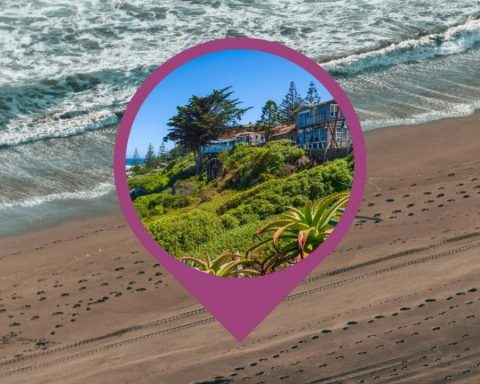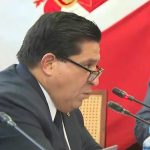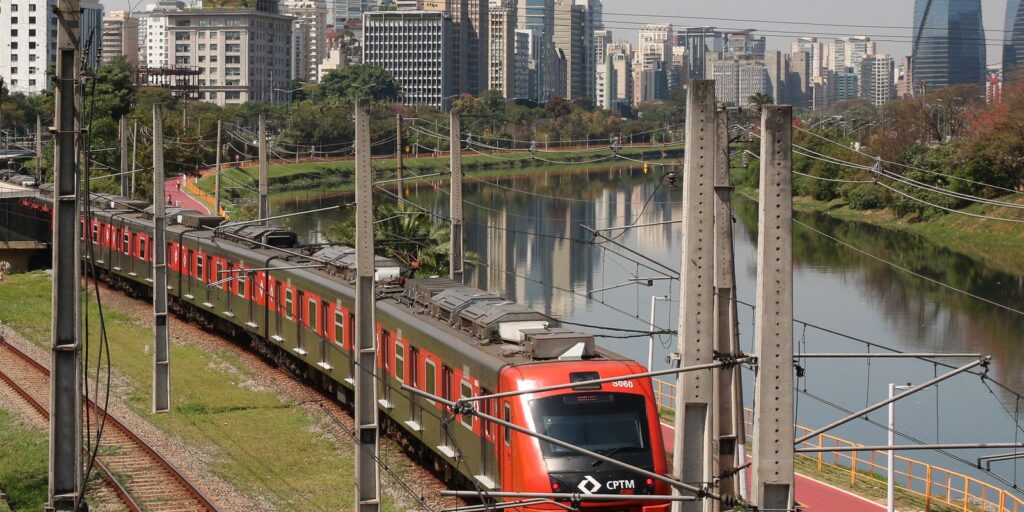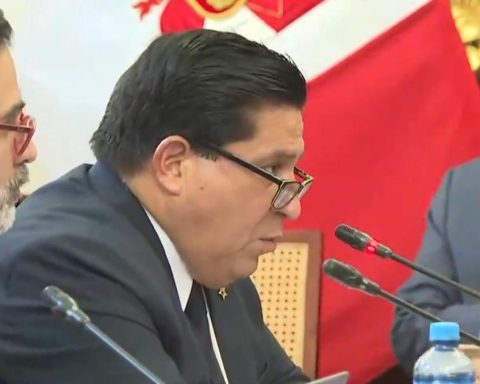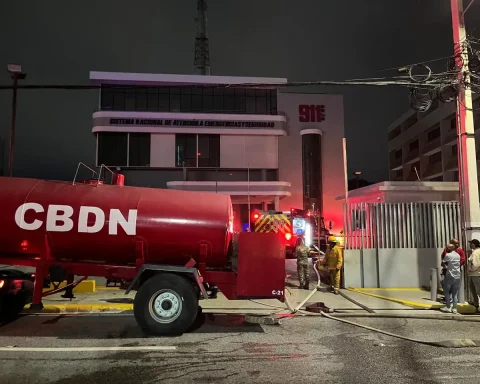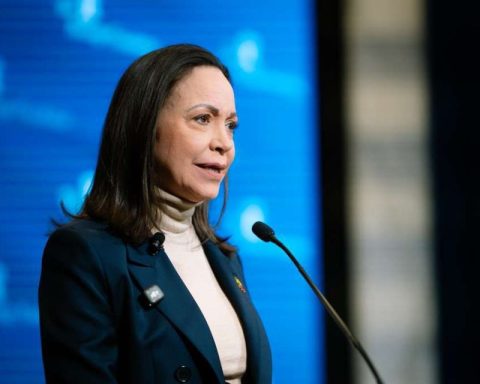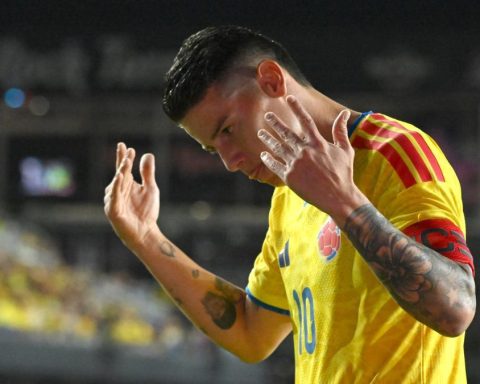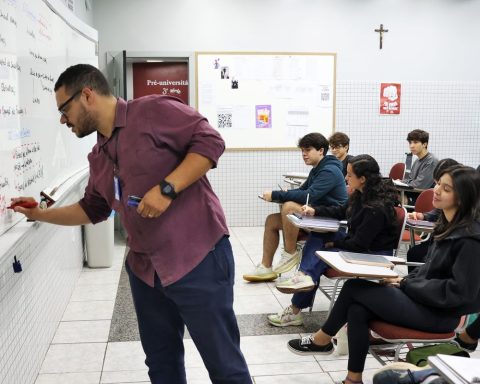Minister Diego Simpértigue Limare, who since January 21 has been part of the Supreme Court, being the first member of Aymara origin of the highest court, addressed the discussion on legal pluralism; principle that is already in the draft of the new Constitution and that refers to the existence of indigenous justice courts, related to the National Justice System, and that comes from the Justice Systems Commission of the Constitutional Convention.
Along with pointing out that “all peoples are different and therefore it is a tremendous challenge to get the courts of the original peoples approved,” Minister Simpértigue stated that in Chile “there are no privileged people, we are all equal before the law, in such a way that this (legal pluralism) is a tremendous challenge to solve”.
You may also like:
He definitely doesn’t see it as simple, “it’s complex,” he says. But, in any case, Minister Simpértigue maintained —in an interview with The Mercury— that the original peoples “must be considered their worldview or the way of relating to each other and according to that it could be resolved in a different way according to their reality”.
“Notwithstanding the foregoing, their particularities must be recognized and respected in accordance with their reality,” the magistrate who was proposed by the President of the Republic to fill the vacant position left by the termination of functions of Rosa María Maggi commented to the morning newspaper — who met the statutory age to occupy the highest court—.
Asked if a constitutional recognition was necessary, Minister Simpértigue argued that “it is good that it is said and recognize the concerns.” In his opinion, “the changes are not bad, but they require previous studies.”
Regarding the limits that this type of court could have, Simpértigue explains that they are given by the constitutional principles that should govern us all.” In this sense, he stated: “One must start from the basis that all (the principles constitutional) are applicable to all Chileans, without any exception”.
In any case, since they are very different from each other, Simpértigue stresses that each town must be studied in particular. “I would ask those who have to decide on these matters to be prudent, balanced and think that the decision that is going to be made will affect us all and that hopefully it will be to have a better country,” he concluded.
Finally Simpértigue expressed, regarding the members of the indigenous courts, it would be ideal for them to be lawyers and also judges from indigenous peoples trained to fulfill this function. “It is possible that in the Supreme Court, in another time, there will be more ministers who come from native peoples and if there are not, at some point they will arrive.”
The magistrate emphasized that in any case currently “we are already resolving conflicts of native peoples.”





